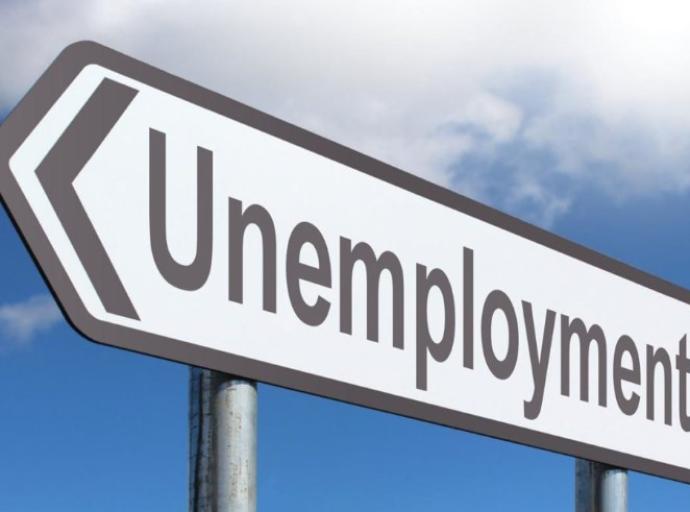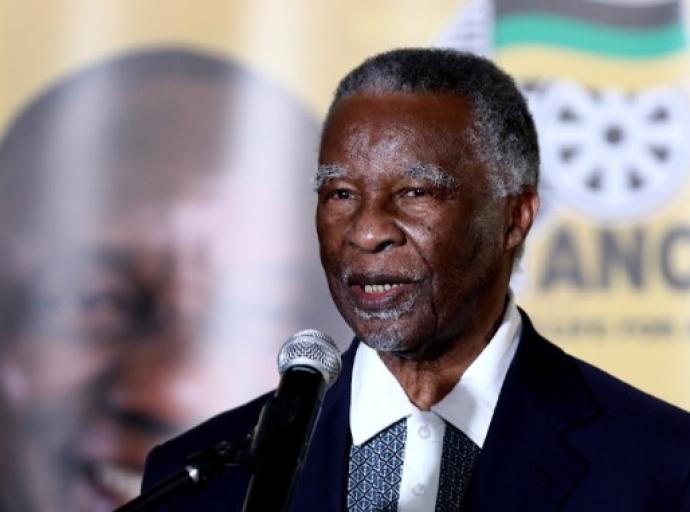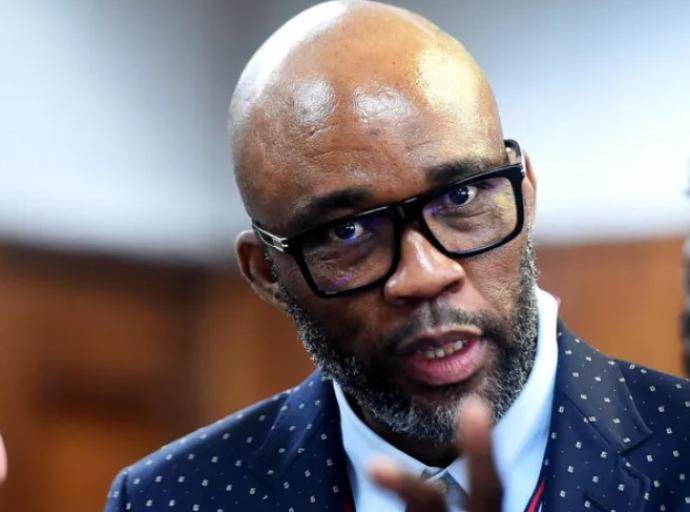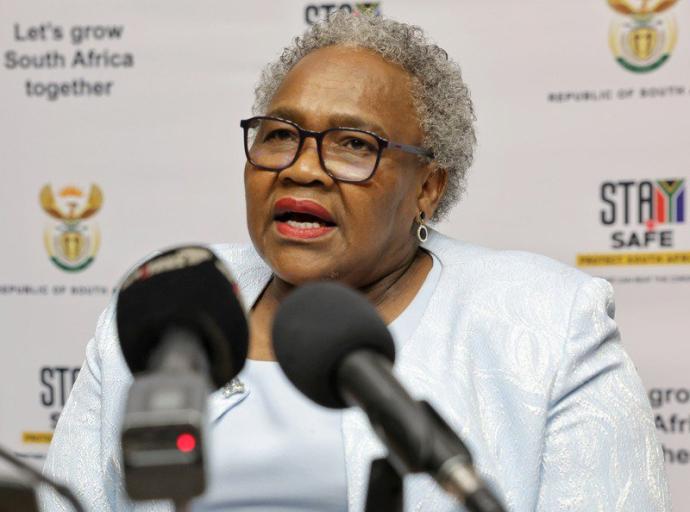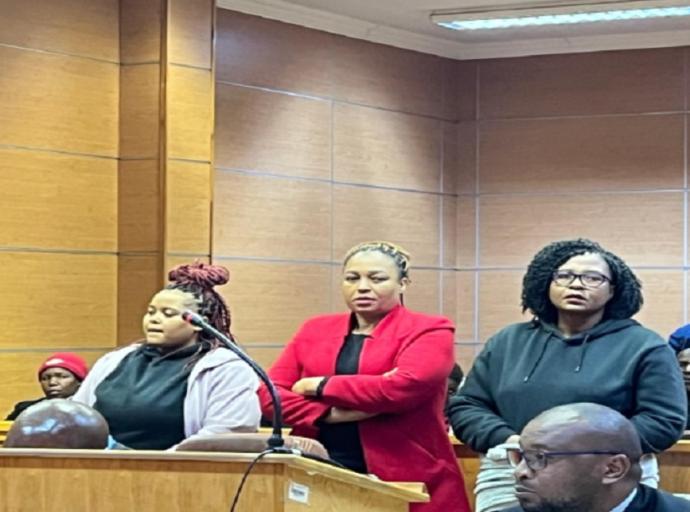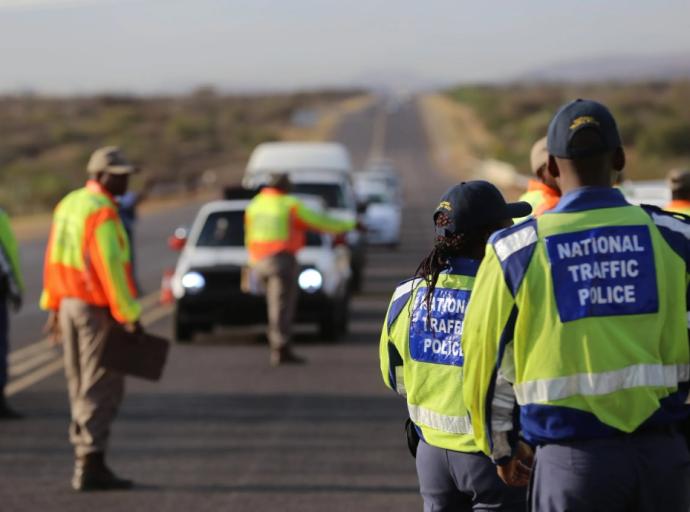South Africa's job blood bath continues unabated.
New data, released by Statistics South Africa’s Quarterly Labour Force Survey, reveals a staggering loss of 291,000 jobs in the first quarter of 2025.
The formal sector was hit hardest: trade shed 194,000 jobs, construction lost 119,000, mining declined by 35,000, private households cut 68,000 positions, and community and social services fell by 45,000.
Some sectors defied the trend, with the informal sector adding 17,000 jobs and agriculture growing by 6,000.
As a result, the official unemployment rate jumped one percentage point to 32.9%, leaving 8.2 million South Africans without work.
The expanded unemployment rate, which includes discouraged job seekers, climbed to 42.9%, leaving more than 8.3 million people officially unemployed and a staggering 25 million working-age South Africans currently not in any form of employment.
Youth unemployment remains particularly alarming, reaching 46.1% in 2025, with around 4.8 million young South Africans aged 15–34 out of work.
When including discouraged work-seekers, the expanded unemployment rate has climbed to 43.1%, indicating that nearly half of the working-age population is either unemployed or not actively seeking employment.
Economist Azar Jammine attributes the surge in unemployment to years of stagnant growth and persistent structural issues.
“They don’t just leave after a bad year or two,” he said, referring to the increasing exit of multinational companies. “But when there’s no light at the end of the tunnel, companies eventually decide it’s time to go.”
Jammine cited long-standing issues like government interference, excessive regulation, crime, failing municipalities, and low productivity as key barriers to business growth. He warned that mass retrenchments reduce consumer spending and shrink the tax base, placing more pressure on government finances.
“It becomes a vicious circle, a downward spiral,” he said.
The scale of job losses has been significant. Formal non-agricultural employment fell by 74,000 jobs in the first quarter of 2025, dropping from 10.65 million in December 2024 to 10.58 million in March 2025.
On a year-on-year basis, 95,000 jobs were lost between March 2024 and March 2025. The hardest-hit sectors include trade (-52,000 jobs), community services (-17,000), and mining (-4,000). Construction, electricity, and business services also recorded smaller job losses.
Major companies are scaling back or shutting down entirely. ArcelorMittal South Africa (AMSA) is preparing to close by the end of September, resulting in 3,500 direct job losses and up to 100,000 more jobs at risk in related industries.
Despite attempts by the Department of Employment and Labour and the Department of Trade, Industry and Competition to intervene, AMSA cited funding constraints and is proceeding with its wind-down.
Ford South Africa has also announced 474 job cuts at its Silverton and Gqeberha plants, while Goodyear South Africa closed its Kariega tyre plant, resulting in 900 layoffs as part of a global restructuring plan.
With job losses mounting, questions have been raised about whether companies are complying with labour laws during mass retrenchments. Kenneth Coster, a partner at law firm Webber Wentzel, believes the answer is yes.
“It is highly unlikely that the abovementioned companies would not be compliant with the letter and spirit of the retrenchment process,” said Coster.
“The risks of non-compliance are simply too great.” He explained that large-scale retrenchments are subject to strict legal requirements, including a minimum 60-day consultation period and the possibility of a CCMA-appointed facilitator to oversee the process.
Coster noted that under Section 189A of the Labour Relations Act, retrenchment is not a negotiation but a consultation process.
“Provided an employer has a fair, reasonable and objective explanation to retrench, unions and employee representatives have limited recourse,” he said. Although strikes are permitted at the end of such processes, he argued they are “mostly ineffective” in changing outcomes.
While the Department of Employment and Labour has expressed concern about the social impact of retrenchments, its legal role in such processes is minimal. “This is more a matter for employers, employees, and the courts,” Coster added.
Employment and Labour Minister Nomakhosazana Meth said she was “deeply concerned” about the impact of job losses on South African families. “These are not just numbers, but people with families and children to support and put through school,” she said.
In response, the government has introduced support measures such as the Temporary Employer/Employee Relief Scheme (TERS) through the Unemployment Insurance Fund (UIF).
Earlier this year, the Department secured R416 million in funding to assist nearly 3,000 AMSA employees. However, the deal collapsed when the company could not guarantee it would avoid retrenchments. Other companies, like the South African Post Office, have received relief. SAPO was granted R381 million to support nearly 6,000 employees as part of a turnaround plan.
The Presidential Youth Employment Initiative has also received over R4 billion, enabling the government to place more than 140,000 young people in schools as education and teacher assistants. But both Jammine and Coster have warned that such interventions are only stopgaps and cannot address the root causes of the employment crisis.
“Eventually the government will run out of money to keep funding temporary relief,” Jammine said.
He added that deeper, structural reform is urgently needed, including improving education and skills development, addressing criminal syndicates, and creating a more enabling environment for small businesses, which remain a crucial but underdeveloped engine of job creation.
Coster agreed, adding that South Africa’s labour laws are not the core issue. “The Labour Relations Act is not the problem. The real issue lies in the economic environment created by government policies.”
With global economic pressures compounding the country’s domestic challenges, Meth said the Department remains committed to promoting employability, upskilling and long-term job creation.
Meth warned that broader global challenges are weighing heavily on South Africa’s economic recovery.
“The sluggish economy due to global factors such as trade wars, higher tariffs and reduced manufacturing presents huge challenges for the creation and sustainability of jobs,” she said.
“As Employment and Labour, we are committed to our mandate of promoting employability, job creation, and upskilling, which will ultimately contribute to economic development.”
*This article was published by IOL News

